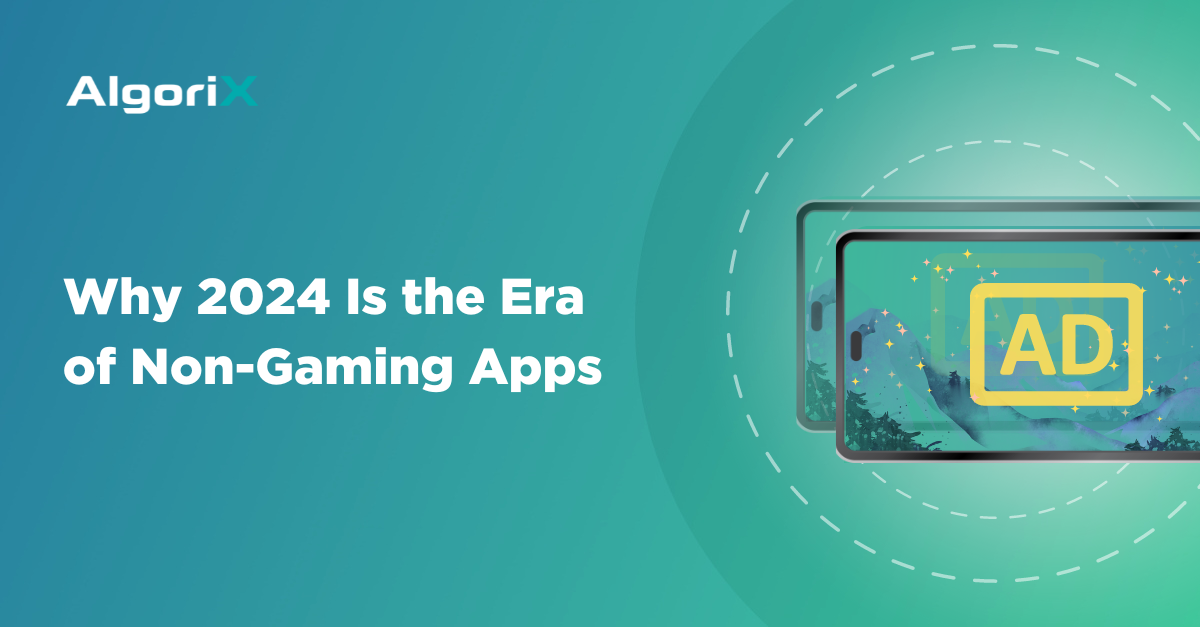Content metadata is going to make a massive difference in the CTV market. Find out how.
It is a known fact that CTV or connected TV market is increasing in popularity and adoption. According to eMarketer, the CTV advertising market is poised to breach the US$13.41 billion mark by 2025. If you think about it, this estimate is conservative when you factor in the wealth of inventory of free, ad-supported streaming TV services. As the inventory is digital and non-linear, it’s no longer surprising to see advertisers sending different messages based on the regions and geographies of their target audiences. This practice translates to CTV selling via programmatic buying. While this practice is not novel in digital advertising, much can still be done in terms of CTV.
As a result, the competition has become one of the toughest as of late. To stand out in the crowd means advertisers must invest in innovation. One of these innovations is the use of content metadata.
What is Content Metadata Exactly?
Advertisers need to understand the buyer’s journey to help them with the right message because buyers would place a high preference for contextual relevance. However, their understanding is often limited at the app level. With content metadata, the scope is much more profound. It involves describing the actual video instead of merely presenting it in a more generic ecosystem. This includes rating, genre, and duration.
Use the NFL as an example. The genre is football, and it applies to many audiences. It also has 1 hour of playing time. In the absence of content metadata, marketers would only know that ad space is available for sale via a CTV app.
Using content metadata will help buyers gain more control over what content they wish to publish depending on their messaging and the audience they intend to communicate with. Ultimately, it promotes a better user experience.
Benefits of Content Metadata
Ads work better if the messages can reach the intended audience. In the growing ecosystem of programmatic over-the-top (OTT) advertising, priority should be placed on improving the volume of content metadata that buyers can access. The key to achieving this is through a solid partnership between CTV platforms and publishers. They must work together to develop a thorough description of their entire OTT content based on collective parameters and standardized content metadata.
With improved transparency, buyers would feel comfortable buying more CTV inventory, specifically because it provides them with the highest impact. Because of this, we can expect CTV advertisers to choose to buy more because there’s an increased understanding of the content they will buy.
Content metadata is critical in bridging the gap between advertisers and publishers.
With CTV advertising breaking the market, widespread adoption of content metadata will become important more than ever. In the future, we can expect a network of publishers and platforms that support transparent reporting, contextual targeting, and even better access to ad space that delivers positive results.
We at AlgoriX are always ready to assist you in the best way possible to navigate the tricky world of CTV advertising. Connect with our sales experts.











